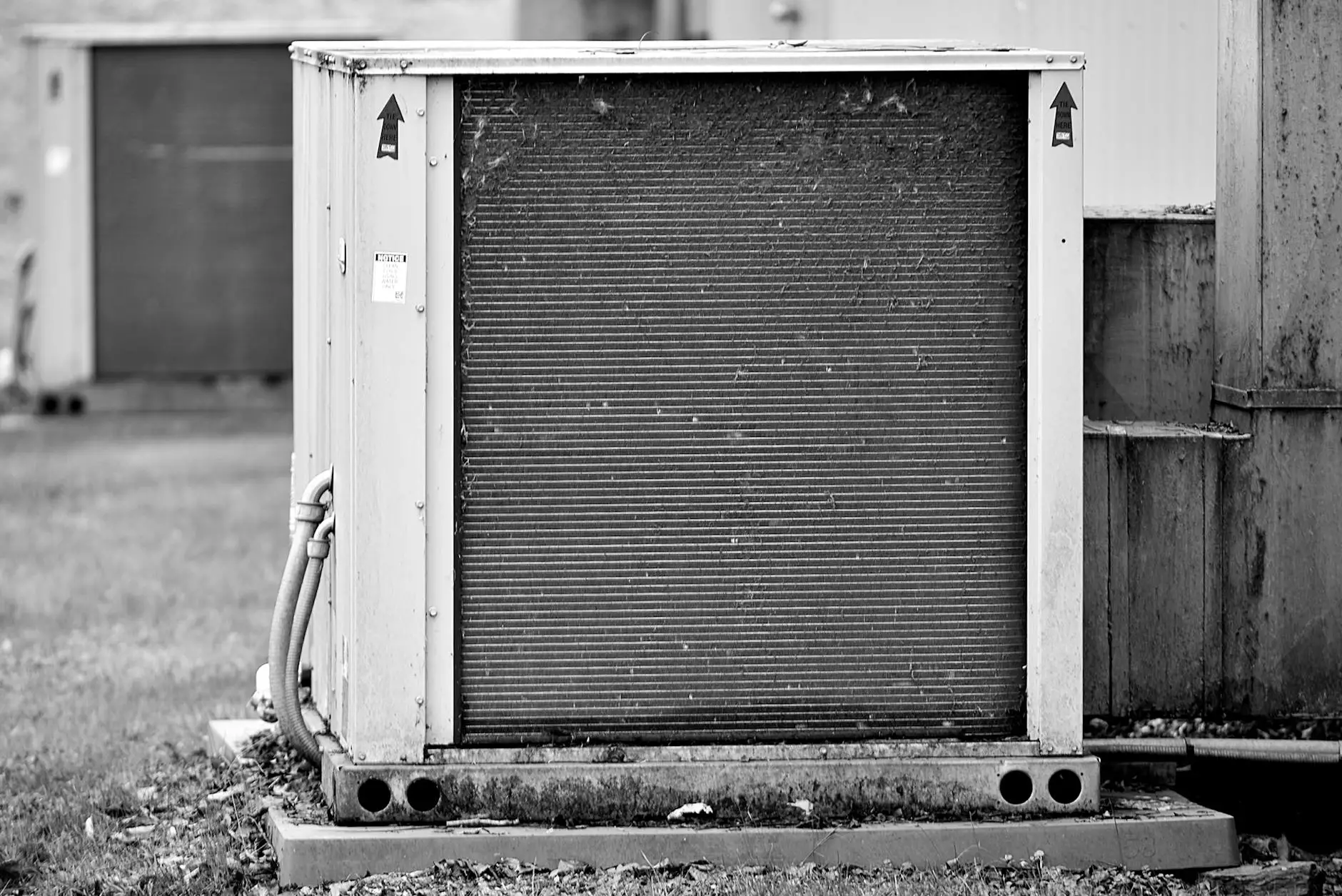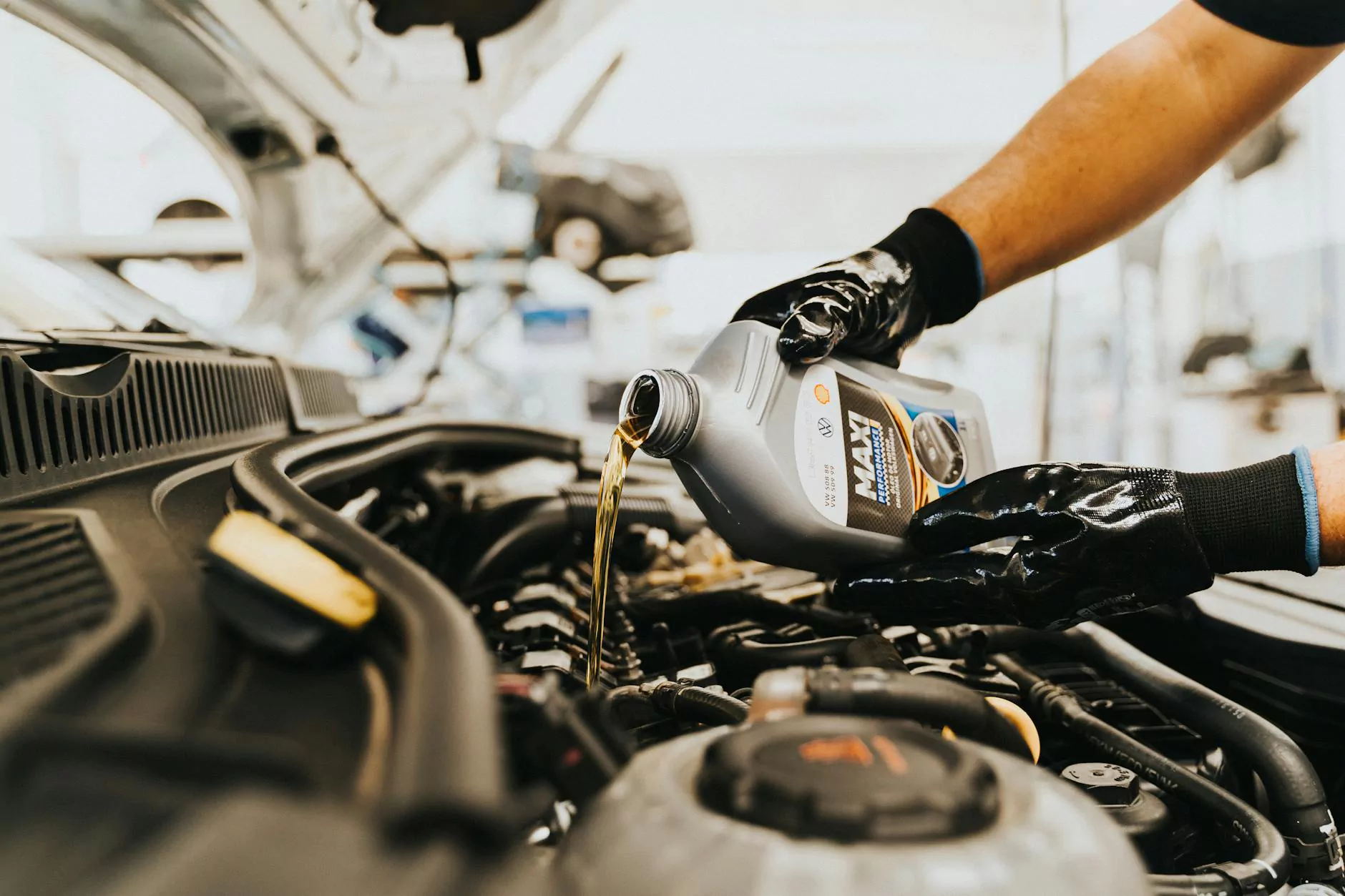Comprehensive Guide to Heating & Air Conditioning Services

Heating and air conditioning systems are vital components of any commercial or residential space. At D.I.H.A. Air Conditioning, we specialize in providing superior HVAC (Heating, Ventilation, and Air Conditioning) solutions tailored to meet your specific needs. This article delves into the various aspects of HVAC services that ensure comfort, safety, and energy efficiency in your home or business.
Understanding HVAC: The Core of Indoor Comfort
The acronym HVAC stands for Heating, Ventilation, and Air Conditioning. These systems work harmoniously to control the climate within a building, ensuring that it remains comfortable regardless of outdoor weather conditions.
Heating Systems
During colder months, a robust heating system is essential. Various types of heating systems are available, including:
- Furnaces: These are common heating sources that heat air and distribute it throughout the building via ducts.
- Heat Pumps: These devices are versatile, providing both heating and cooling by transferring heat from one place to another.
- Boilers: Using hot water or steam, boilers distribute heat through radiators or underfloor systems.
Air Conditioning Systems
On the flip side, air conditioning systems are vital during the hot summer months. They help regulate indoor temperatures and humidity levels. Types of air conditioning systems include:
- Central Air Conditioning: This system cools the air in a centralized location and distributes it throughout the building via ductwork.
- Split Systems: These involve an indoor and an outdoor unit, working together to cool the desired spaces.
- Window Units: Ideal for single-room cooling, these units are compact and easy to install.
Choosing the Right HVAC System for Your Needs
Choosing the right HVAC system is crucial for both comfort and energy efficiency. Consider the following factors:
1. Size of the Space
The size of your home or business significantly impacts the type of system you should choose. A correctly sized unit ensures efficient operation and maximizes comfort.
2. Energy Efficiency
Look for systems with high SEER (Seasonal Energy Efficiency Ratio) ratings for air conditioning and AFUE (Annual Fuel Utilization Efficiency) ratings for heating. Energy-efficient units save money on utility bills and reduce environmental impact.
3. Budget
Evaluate not just the purchase cost but also the long-term operational costs. Investing in a higher upfront cost for energy-efficient systems can lead to significant savings over time.
4. Local Climate
Your location determines the type of heating and cooling you need. For instance, regions with extreme temperatures may benefit from robust heating and cooling systems.
Benefits of Professional HVAC Services
Opting for professional HVAC services offers numerous advantages:
- Expertise and Experience: HVAC technicians possess specialized training and experience, ensuring that installations and repairs are performed correctly.
- Safety: Improper installation or maintenance can lead to hazardous situations, including carbon monoxide leaks. Professionals follow safety protocols to mitigate these risks.
- Longevity of Your System: Regular maintenance can extend the lifespan of your HVAC system, ensuring it operates efficiently for many years.
- Energy Savings: Trained experts can help optimize your system’s efficiency, lowering energy bills significantly.
Regular Maintenance: Key to Efficient HVAC Operation
Regular maintenance is crucial for the longevity and efficiency of your HVAC system. Consider the following maintenance tips:
1. Change Filters Regularly
Dirty filters hinder airflow and make your system work harder, leading to higher energy costs and potential breakdowns. Change filters every 1-3 months to maintain optimal airflow.
2. Schedule Routine Inspections
Professional inspections can identify potential issues before they become major problems. Aim for at least one inspection before the heating season and another before the cooling season.
3. Clean the Ductwork
Dust and debris can accumulate in ductwork, impacting air quality and system efficiency. Consider having your ducts cleaned every few years to ensure clean air circulation.
4. Monitor System Performance
Keep an eye on your system’s performance and pay attention to unusual noises or decreased efficiency. Early detection of issues can prevent costly repairs.
The Future of HVAC Systems
The HVAC industry is evolving towards more sustainable and intelligent systems.
1. Smart Thermostats
Smart thermostats allow homeowners to control their HVAC systems remotely, learning their habits to optimize heating and cooling schedules for maximum efficiency.
2. Energy-Efficient Technologies
Modern systems are being designed with energy-efficient technologies that reduce electricity consumption and promote sustainability.
3. Eco-Friendly Refrigerants
As environmental concerns grow, the HVAC industry is transitioning to refrigerants with lower global warming potential, reducing the overall carbon footprint.
Conclusion
Whether you're looking to install a new HVAC system or maintain an existing one, understanding the key components and benefits of HVAC services is essential. At D.I.H.A. Air Conditioning, we bring our expertise and commitment to excellence in heating and air conditioning to ensure your comfort and satisfaction. Don’t hesitate to reach out for a consultation or service request, and experience the difference our dedicated team can make for your indoor environment.
© 2023 D.I.H.A. Air Conditioning. All rights reserved.
https://dihaairconditioning.com/








